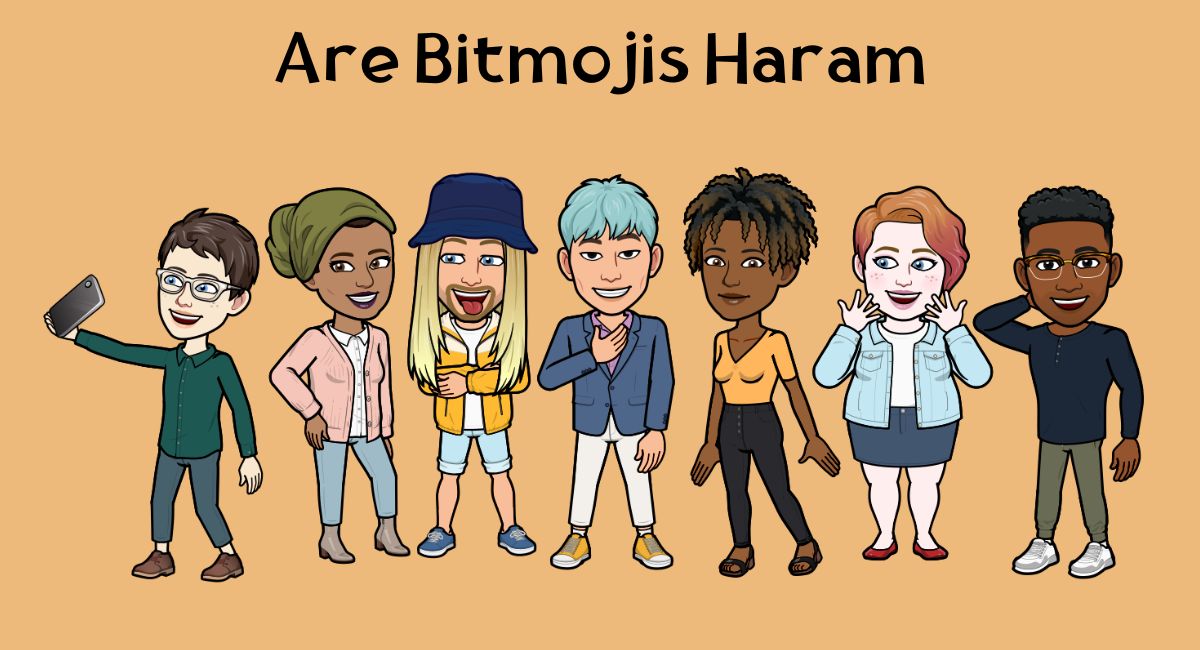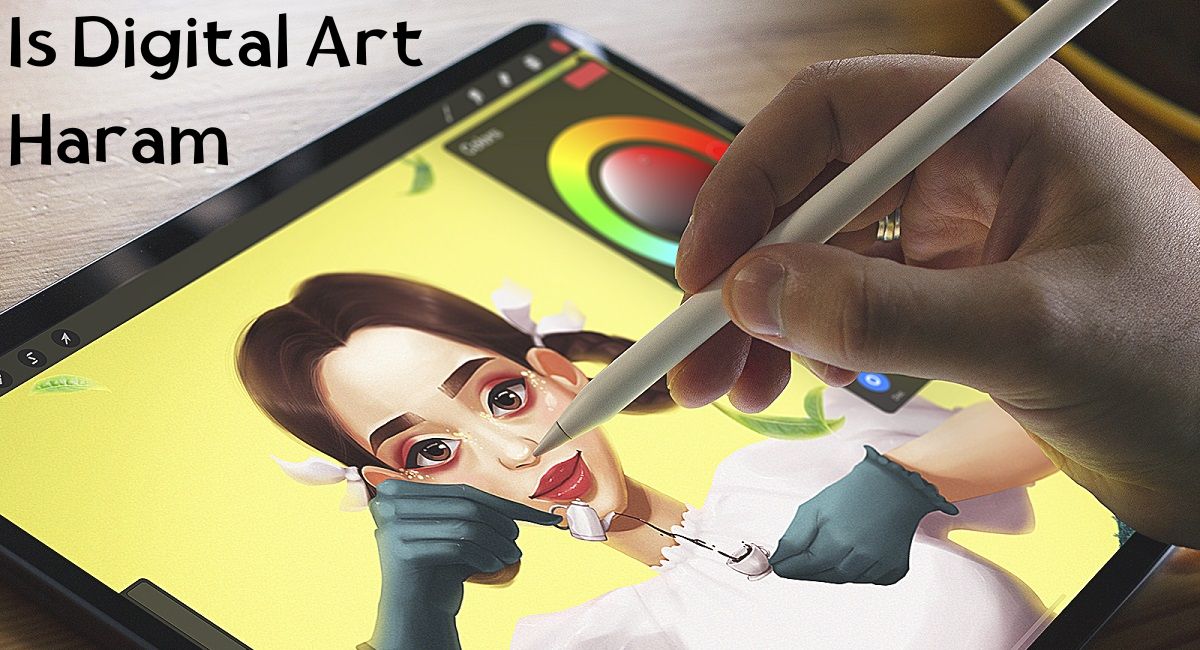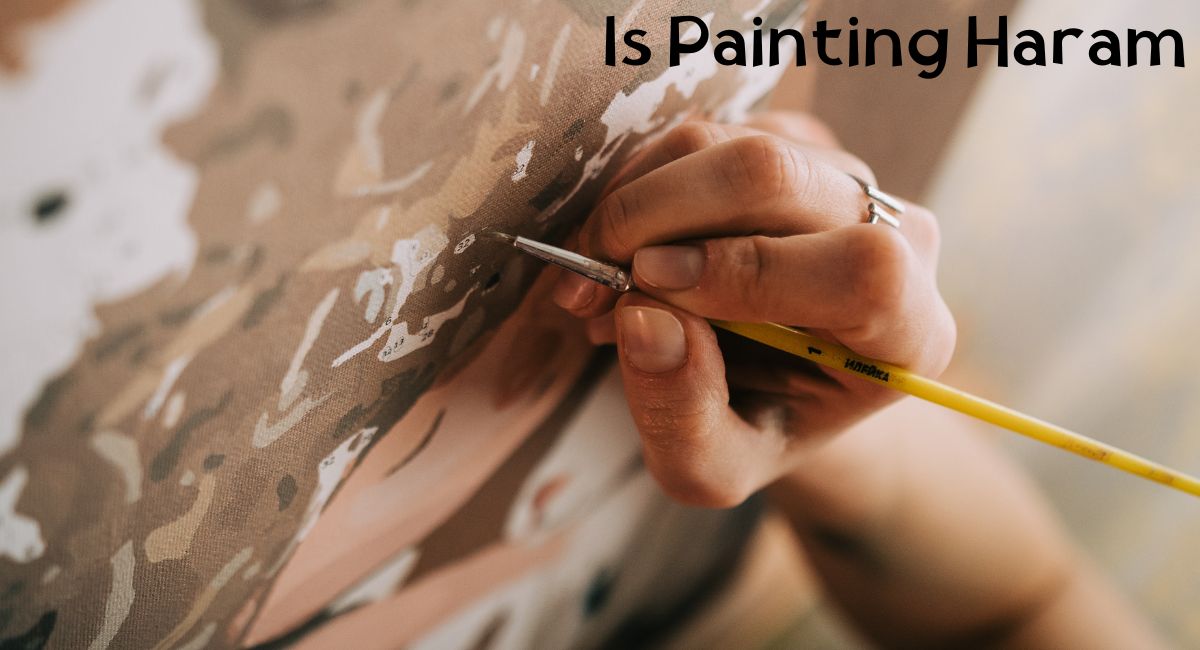The question of whether Bitmojis are considered Haram, or forbidden in Islam, has generated considerable discussion and debate within the Muslim community. Bitmojis, digital avatars that allow users to create cartoon-like representations of themselves for use in messaging and social media, have gained popularity worldwide.
However, some Muslims have raised concerns about the permissibility of using Bitmojis in accordance with Islamic teachings. To address this issue, it is essential to delve into the Islamic perspective on visual representations, technology, and cultural practices to determine whether Bitmojis fall under the category of Haram or Halal (permissible) in Islam.
What are Bitmojis
Bitmojis have become a popular form of personal expression in the digital world. A Bitmoji, short for “bit emoji,” is essentially your own personal emoji that represents you in a cartoonish form. Bitmojis are typically created using the Bitmoji app, which allows users to design and customize their own avatar based on their appearance and style preferences.
The Bitmoji app offers a wide range of customization options, including facial features, hairstyles, clothing, accessories, and more. Users can choose from a variety of different options to create an avatar that best resembles them. Once the Bitmoji avatar is created, it can be used in various ways, such as in messaging apps, social media platforms, and even gaming.
One of the most popular uses of Bitmojis is on Snapchat. Users are able to link their Bitmoji to their Snapchat account and use it as their profile picture, as well as in various Snapchat features, such as the chat function and Snap Map. Bitmojis can also be shared with friends in chat conversations, adding a fun and personalized touch to the communication.
In addition to Snapchat, Bitmojis can be used in other messaging apps and social media platforms. Many apps and platforms have integrated Bitmoji support, allowing users to easily add their Bitmoji to their conversations and posts. This helps users express themselves in a more personalized and creative way.
Another feature of Bitmojis is the ability to bring them to life with 3D Bitmoji. This feature uses augmented reality (AR) technology to allow users to interact with their Bitmoji in a more immersive way. Users can place their 3D Bitmoji in the real world using their device’s camera and even record videos or take pictures with it.
Types of Bitmojis
Bitmojis are customizable avatars that users can create to represent themselves in digital spaces. There are various styles that you can choose from to personalize your Bitmoji:
- Bitmoji Classic: This is the original style that offers a cartoonish and simplistic appearance. It’s characterized by bold lines, vibrant colors, and a playful aesthetic.
- Bitmoji Deluxe: Introduced as an upgrade to the Classic version, Deluxe offers a more detailed and realistic look with a broader range of customization options like a wider variety of skin tones, hairstyles, and outfit choices.
- Zmoji: Also known as 3D Bitmoji, Zmoji provides a more three-dimensional design with additional customization options, like different poses for the avatar.
- Bitmoji Fashion: For those who want their avatar to be stylish, this style focuses on high-fashion outfits and accessories.
- Polygon: This style is known for its sleek, geometric design offering a minimalist and modern aesthetic.
These styles cater to different preferences, whether you’re looking for something fun and casual or a bit more sophisticated and trendy. With Bitmoji, you can also customize clothing, accessories, and poses to better match your personality and aesthetic preferences.
Are Bitmojis Haram
The question of whether Bitmojis or any other form of digital avatars are considered haram (forbidden) in Islam is one that requires careful consideration of Islamic teachings, including the Quran and Hadiths, as well as the opinions of contemporary Islamic scholars.
The concern stems primarily from the Islamic prohibitions against creating images that resemble living creatures, which can be interpreted to include digital representations.
The Basis of Islamic Prohibition on Images
In Islam, there are specific prohibitions concerning the creation of images of living beings. This is derived from various Hadiths where Prophet Muhammad (peace be upon him) spoke against the making of images that attempt to imitate the creation of Allah. For example:
Sahih al-Bukhari (5953) narrates: The Prophet (peace be upon him) said, “Allah has said, ‘Who would be more unjust than the one who tries to create like My creation? Let them create an atom, or let them create a grain, or let them create a barley seed.'”
Moreover, Sahih Muslim (2107) reports that Angel Jibreel (Gabriel) told the Prophet (peace be upon him) that angels do not enter a house where there are images. This had led many scholars to conclude the creation and display of images that bear features of animate beings may lead one to shirk (associating partners with Allah) and thus is forbidden.
However, it is essential to note that there is no explicit verse in the Quran that directly addresses the issue of creating images or depictions of living beings.
Scholarly Interpretation and Context
Islamic scholars have different interpretations regarding the creation and use of images, especially in the modern context. Classical scholars could not have imagined digital avatars, so contemporary scholars have to extrapolate from the teachings.
Some scholars argue that the prohibition was related to preventing idolatry, i.e., the worship of images or statues, which was rampant in pre-Islamic Arabia. Therefore, as long as the images, including Bitmojis, are not used for worship or unlawful activities, they may not be inherently haram.
Others say that the spirit of the law concerns the intention behind creating the image. If Bitmojis are used for harmless fun or communication without any intention of disrespect or idolatry, some scholars may see their usage permissible.
The Case of Bitmojis
Bitmojis are personalized emojis or avatars that individuals create to resemble themselves for use in digital communication. When considering whether Bitmojis are haram, there are a few points to examine:
- Purpose: They are often used in a light-hearted context for representing oneself in the virtual space, not as objects of worship or reverence.
- Representation: They are generally cartoonish and not accurate representations of human beings, which some scholars argue does not fall under the prohibition.
- Usage: They are used for communication in the digital world, much like text or emoticons, and are generally not considered objects that carry a risk of idolatry.
In conclusion, the question of whether Bitmojis are haram does not have a definitive answer and is subject to scholarly debate and personal interpretation.
Muslims concerned about the permissibility of Bitmojis should seek guidance from trusted religious authorities, reflecting on both the teachings of the Quran and Hadiths, as well as an understanding of their intentions and usage of such images in the context of their personal and social lives.
As with many aspects of contemporary life, this issue requires a nuanced approach that balances religious doctrine with the realities of a technologically advanced society.
Can Bitmojis Be Used in a Halal Friendly Way
The use of Bitmojis, like many modern technological features, can be approached in a way that respects Islamic teachings while taking advantage of their communicative functions. For them to be considered halal, or permissible, users must ensure that their creation and use align with Islamic principles.
Here are some guidelines to consider for using Bitmojis in a halal-friendly way:
- Intention (Niyyah): In Islam, intentions play a significant role in determining the permissibility of an act. If a Bitmoji is created with the intention of facilitating communication or expressing oneself in a non-offensive and light-hearted manner, this aligns more closely with halal usage.
- Content: Make sure that the Bitmoji does not display or promote anything haram, such as indecent clothing, inappropriate gestures, or forbidden activities. Choose modest attire and neutral actions for the Bitmoji.
- Respect for Creation: Use designs that do not closely imitate the detailed creation of Allah. This can mean opting for Bitmojis that are more cartoonish or abstract and less lifelike.
- Avoid Misrepresentation: Use Bitmojis in a way that does not deceive or misrepresent your identity or intentions. For example, avoiding the use of Bitmojis in professional scenarios where clear and straightforward communication is essential.
- No Idolization: Abstain from using Bitmojis in a manner that could be considered idolization or giving undue importance to the avatars.
- Moderation: Like all things, use Bitmojis in moderation. Excessive use of representations, even in the digital format, when it distracts from more important duties and obligations, could be considered as straying from the balanced way of life promoted in Islam.
Ultimately, the use of Bitmojis in a halal-friendly way depends on various factors including intention, context, and usage. It is crucial to be mindful of religious guidelines and to respect the differing opinions within the Muslim community regarding the interpretation of Islamic law on new issues.
The concept of ijtihad (independent reasoning) allows for some flexibility and adaptation as Muslims seek to navigate the contemporary world while remaining faithful to their beliefs.






